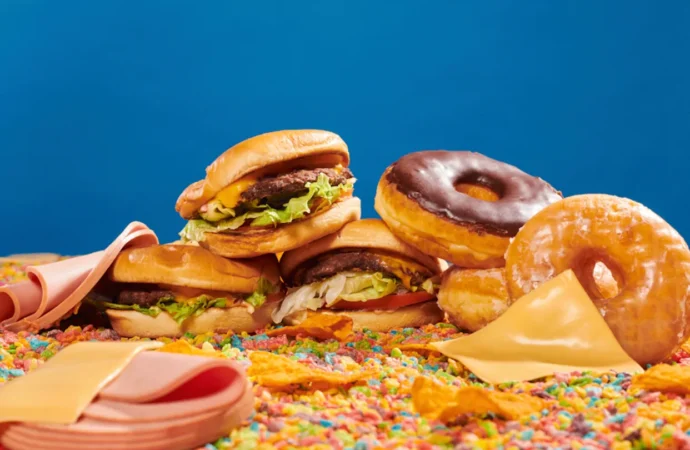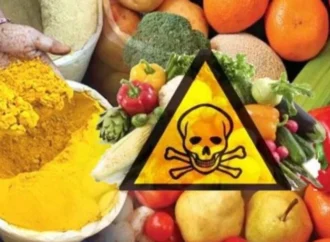Overview
For years, research reports have highlighted the presence of harmful substances and additives in food items served at restaurants in the U.S. However, it’s often only when a consumer files a lawsuit against a restaurant chain that courts take action. A notable example is the discontinuation of pork fat in French fries. Still, most fast food items continue to be sold in the market without any substantial regulation. Now, U.S. Health Secretary Robert F. Kennedy Jr., part of President Donald Trump’s cabinet, is reportedly taking critical steps in this area.
Ban on Artificial Additives in Restaurant Foods
Kennedy Jr.’s main directive is that no food item containing artificial additives—whether burger buns or milkshakes—should be served in restaurants. The plan aims to legally restrict the use of colouring agents, preservatives, and synthetic flavours in restaurant meals. If the new law comes into effect, some restaurants may try to include these additives in ways that are hard to detect. Until enforcement becomes stricter, this workaround may persist. The law is expected to significantly impact fast food chains, highway diners, and drive-thru outlets operating in the U.S. for decades, potentially even threatening their survival.
French Fries and the Role of Additives
French fries derive their signature shape, colour, and texture from additives like dimethylpolysiloxane and a special sugar called dextrose. These ingredients help maintain the fries’ appearance and flavour even after cooling. If the new law bans these additives, the existing “quality” of such products may not be maintained.
Big Changes Ahead for Sandwiches and Buns
Fast food chicken sandwiches—including vegetarian options—will also see major changes. Most sandwiches use MSG (monosodium glutamate) to enhance flavour. Buns are kept soft using MSG, monoglycerides, and DATEM flour treatment agents. While MSG is approved by the FDA, a new regulation mandating only natural ingredients could trigger major controversy. Burger buns could also face scrutiny. Some buns contain preservatives like calcium propionate and dough conditioners like L-cysteine, which may now be eliminated. Fast food burgers, which also contain high sodium levels, are likely to undergo noticeable reformulation.
Milkshakes and Sugary Coffees May Be Reformulated
Health officials may also demand changes in sugary coffees that contain high fructose corn syrup, artificial flavours, whipped toppings, and carrageenan—a substance known to negatively affect digestion. Milkshakes currently use heavily processed guar gum and artificial vanilla flavours. Substituting these with healthier ingredients could drastically alter their taste. To enhance flavour, milkshakes often include processed additives like sodium phosphates and potassium lactate, which may now face restrictions.
Source: Manoramaonline
 Food Manifest
Food Manifest 


















